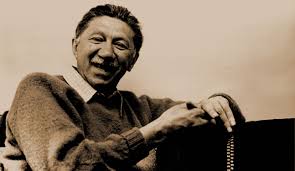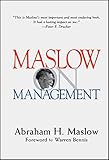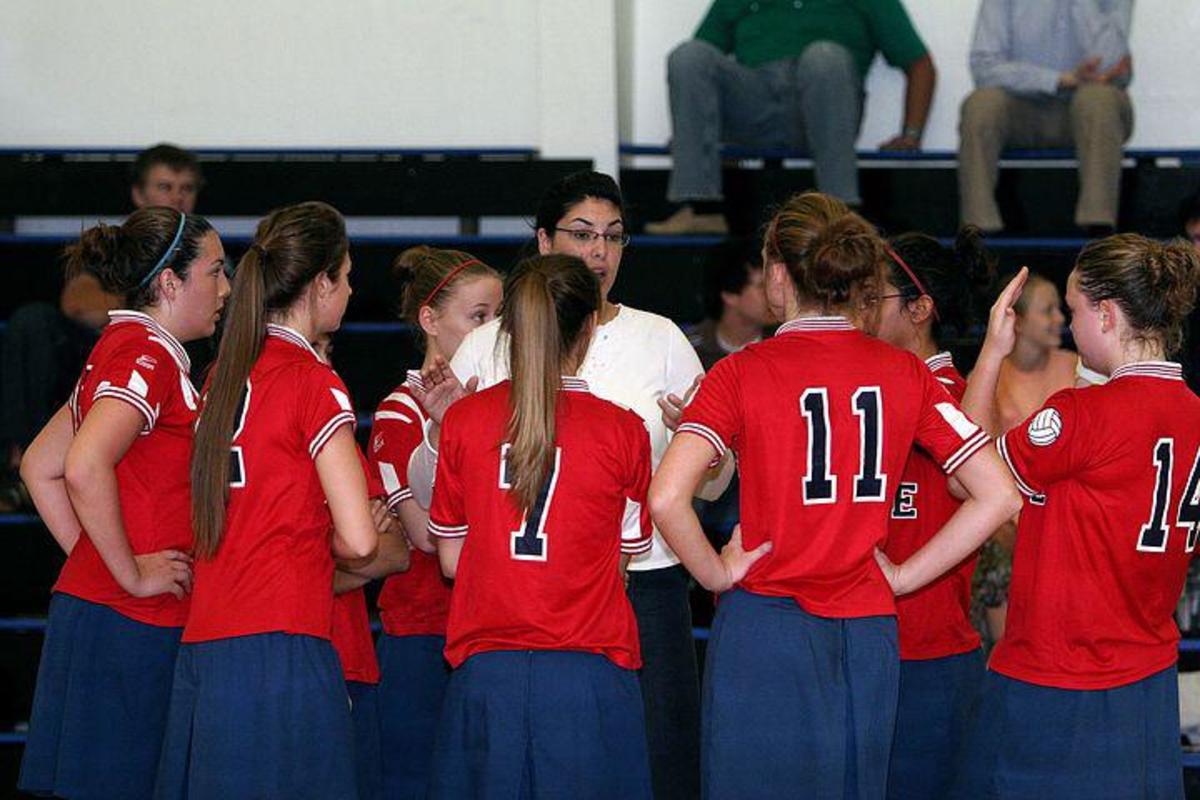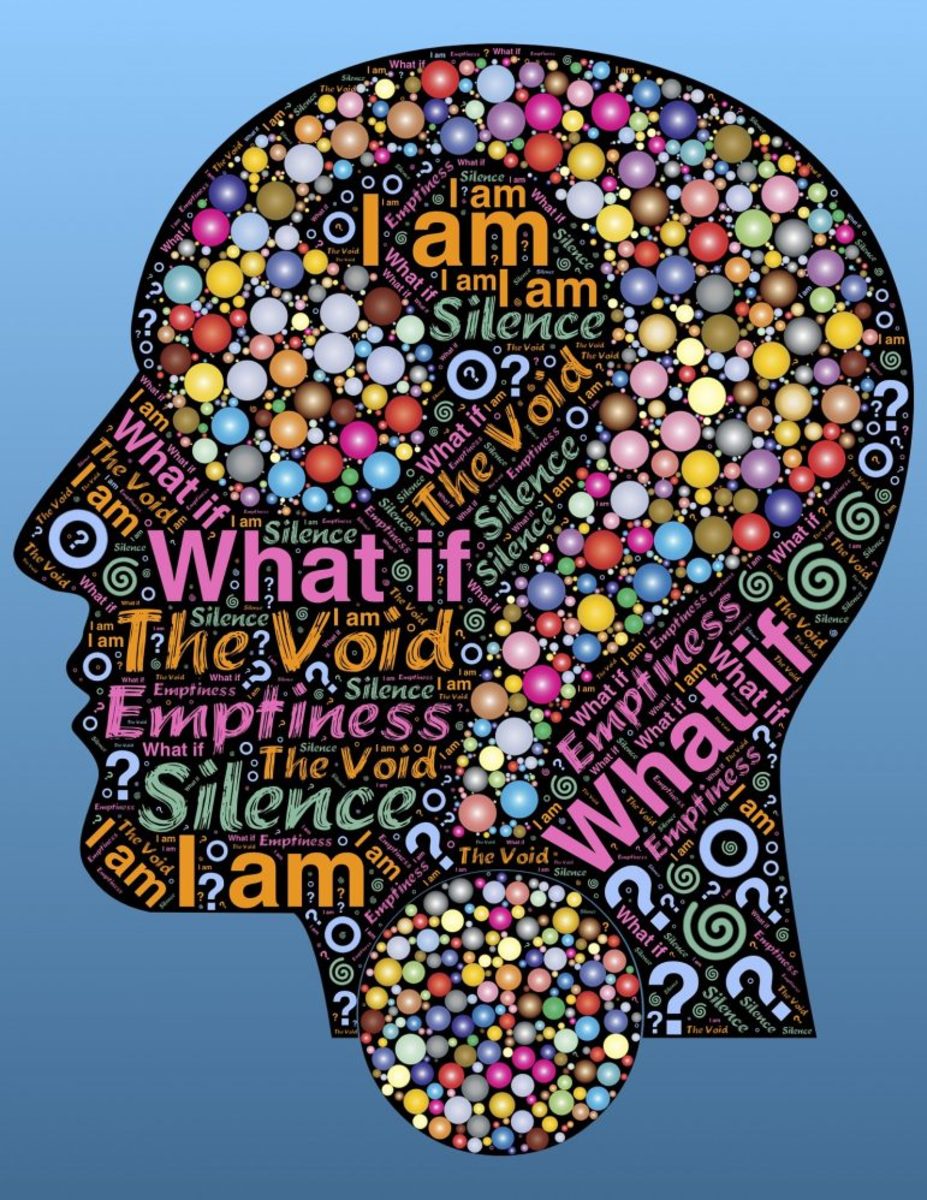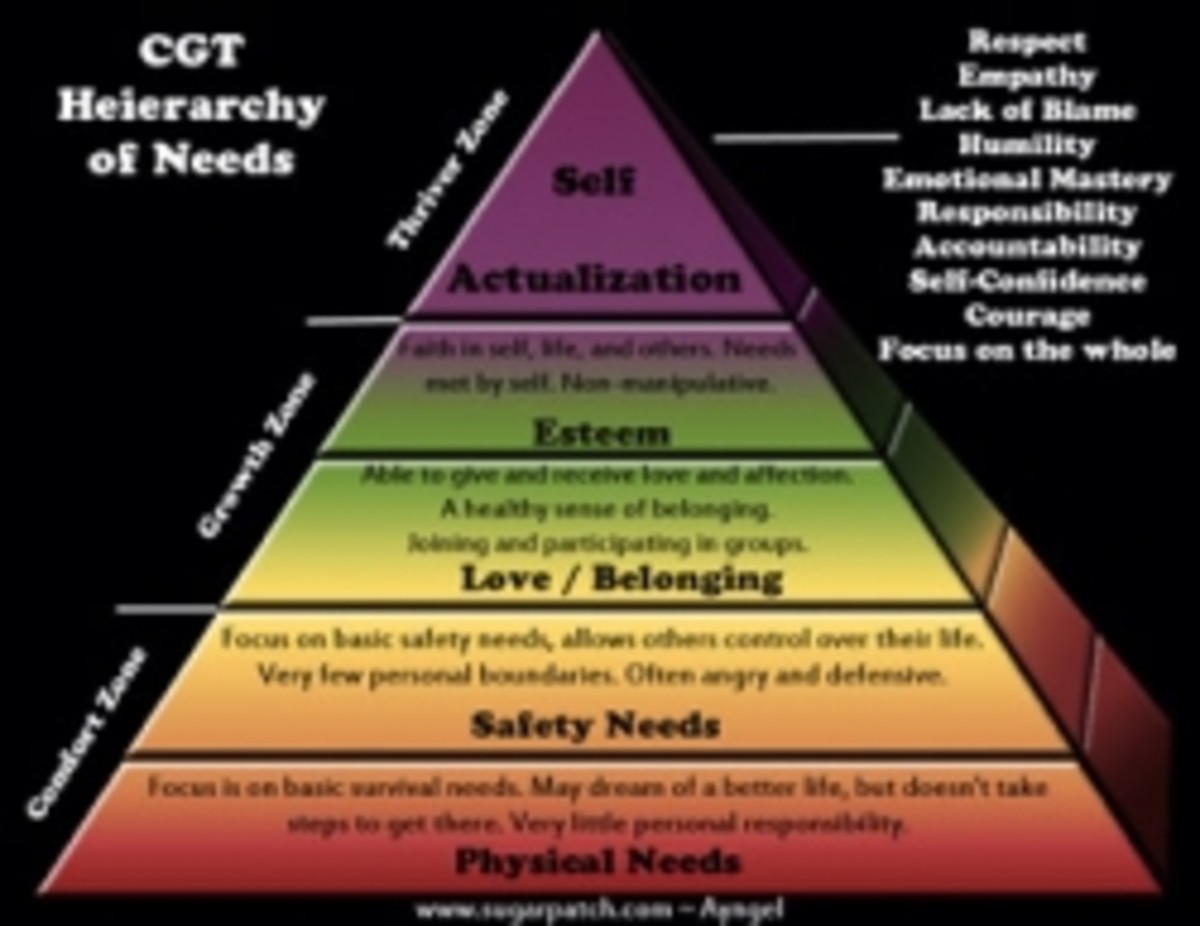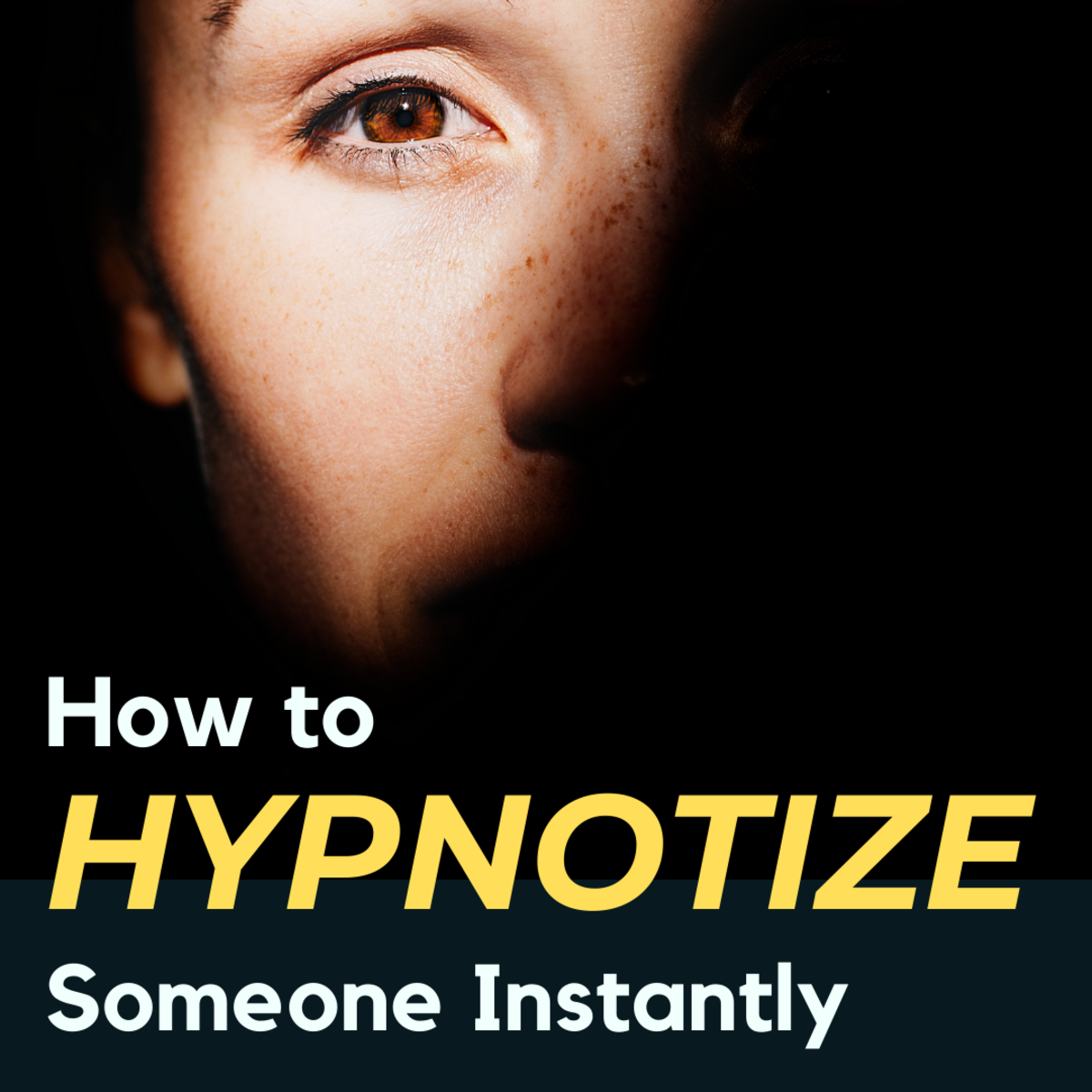Abraham Maslow & the Hierarchy of Needs
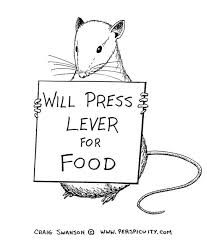
Despite his upbringing
Despite the emotional and psychological abuse of his childhood, Maslow forged ahead with his life, educating himself, teaching, and writing. He proved that a happy marriage is possible after a rotten upbringing. He reached this highest echelon of self-actualization and contributed to society with his theories.
Encountering Maslow
Who is Abraham Maslow?
Abraham Maslow, the eldest of seven children, was born April 1, 1908 in Brooklyn, New York. His parents, Samuel and Rose Maslow were poor and fairly uneducated Jewish immigrants from Russia. As a minority in the neighborhood, young Maslow kept to himself and took comfort in books. He likened his childhood experiences to that of "the first Negro enrolled in an all-white school" isolated, without friends, and chronically unhappy.
By his own account, Maslow had quite a miserable home life as well. Far different from his quiet solitude in the library and immersed in books, his father's pursuits ran toward women, whiskey and fighting. Samuel further damaged young Abraham's self-image by calling him stupid and ugly - publicly calling him repulsive. His feeling of self-worth was non-existent. His mother was distant and cold, sometimes insensitive and cruel. She never showed signs of affection or love toward anyone in the family and he increasingly loathed her. His animosity toward his mother was never resolved. He blatantly refused to attend her funeral.
Trying to please his father, Abraham registered for classes at the Brooklyn Law School and immediately realized law was a poor choice. He enrolled in Cornell University in Ithaca, New York and studied under Edward B. Titchener. The theories on scientific introspection never appealed to Maslow and after one semester he left Cornell. It was in the University of Wisconsin where he received his Bachelor's (1930), Masters (1931), and PhD (1934).
On December 31, 1928, at the age of 20, Abraham Maslow married his childhood sweetheart and cousin, Bertha Goodman. He referred to his marriage as the true beginning of his life. They had two daughters and remained happily married until his death on June 8, 1970. He was 62.


Want vs. Need
Have you ever witnessed a child's tantrum because they "needed" something?
Adults have their own ways of expressing displeasure when they don't get something they "need" but do they really take the time to differentiate want and need?
Kids: "But mom, if I don't get the brand new, super expensive gaming system I'm going to DIE!"
Parent: "No, child. You will die if I don't feed you."
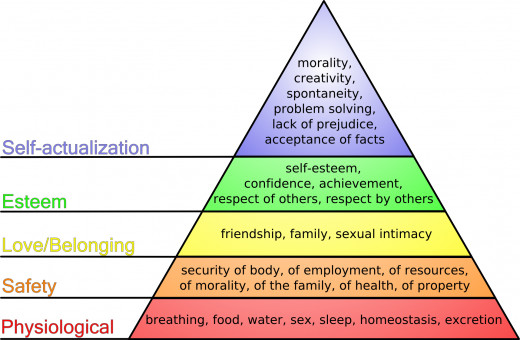
What does it mean?
Physiology: a branch of biology that deals with the functions and activities of life or of living matter (Merriam-Webster online).
Homeostasis: the need for an organism or cell to maintain or stabilize their internal environment (core temperature) regardless of external changes or circumstances.
Self-Actualization: achievement to the highest potential or talent. The ensuing confidence allows one to look beyond self and seek to help others for the betterment of society.
On the ladder
Where are you on the Hierarchy of Needs?
Hierarchy of Needs
Physiological Needs:
- Air
- Food
- Homeostasis
- Sex
- Sleep
- Water
Physiological needs are obvious items you need to stay alive. Air, water, food and sleep are necessary. Some people may question the absolute need for sex and homeostasis. In nature, sex is necessary to maintain the genetic line or species. Homeostasis is the need to maintain comfort and core temperature. Without all of these things you are guaranteed to die (or die off).
Safety Needs:
- Need to feel safe
- Security of self and belongings
- Ability to stay out of or away from danger
We all need shelter from the environment (weather or predators) and the ability to protect one's self and property.
"Safe" may imply the need to secure one's body from physical harm but there is also a psychological aspect. Like people with autism, there is a distinct and primal need to feel safe within one's mind too.
Social Needs:
- Companionship: Romantic partners and Friendships
- Social interaction (community or religious groups)
- Familial confidence
- Knowing one's role
Not necessary to live but vital for healthy living are social needs. Everyone wants a feeling of belonging.
Esteem Needs:
- Self esteem
- Self worth
- Social recognition
- Sense of accomplishment
- Striving toward goals
Once the physiological, safety, and social needs are met then the need for esteem comes into play. Some people crave the recognition of others to feel a sense of worth. Some people feel a sense of accomplishment by setting goals for themselves.
Self-Actualization:
- Self-aware
- Confident
- Look beyond one's self
- Societal influence
Self-Actualization is the pinnacle of Abraham Maslow's hierarchy of needs.
Humanistic Psychology
Humanistic psychology was the response to psychoanalysis and behaviorism.
Where psychoanalysis and behaviorism focused on personalities taking shape from the most tragic of human experiences, humanistic psychology focused on one's potential and the importance of personal growth. The humanist ideology: Mental and social problems stem from deviations of the innately good, or natural tendency of people.
Maslow published Toward a Psychology of Being in 1962, describing humanistic psychology as the "third force" following behaviorism and psychoanalysis. He never proclaimed his theory to be in direct competition with other theories but rather as a contributing branch of psychology to better understand human nature.
